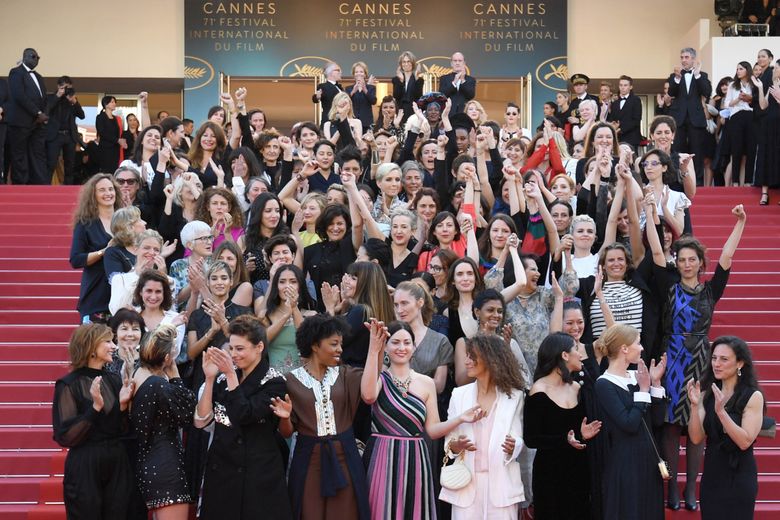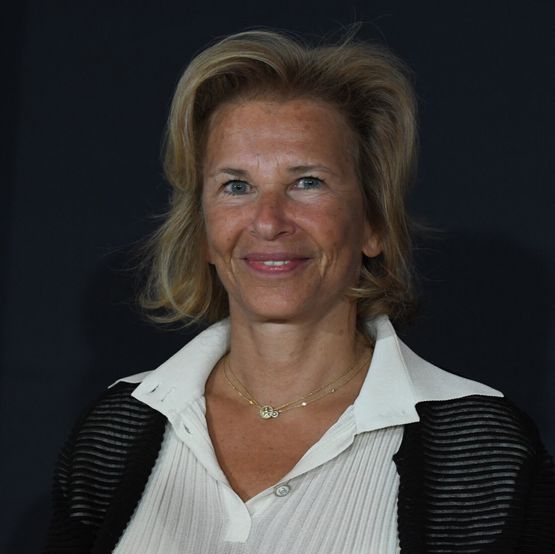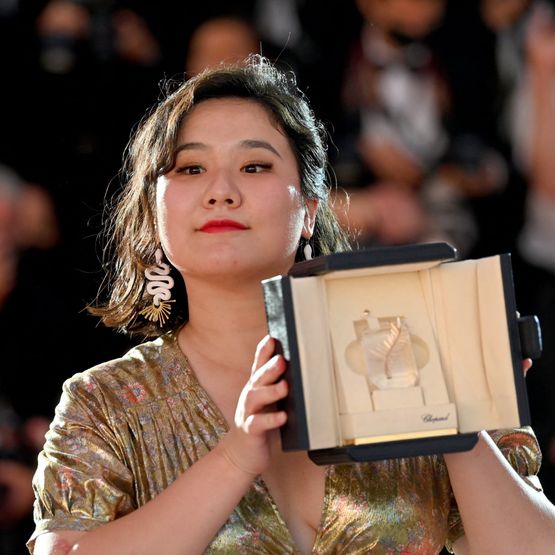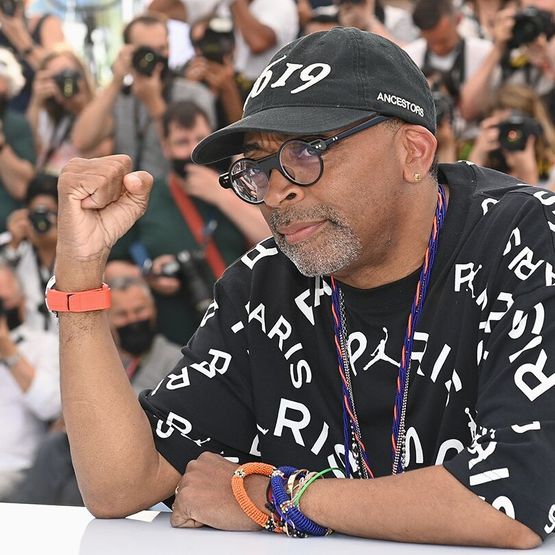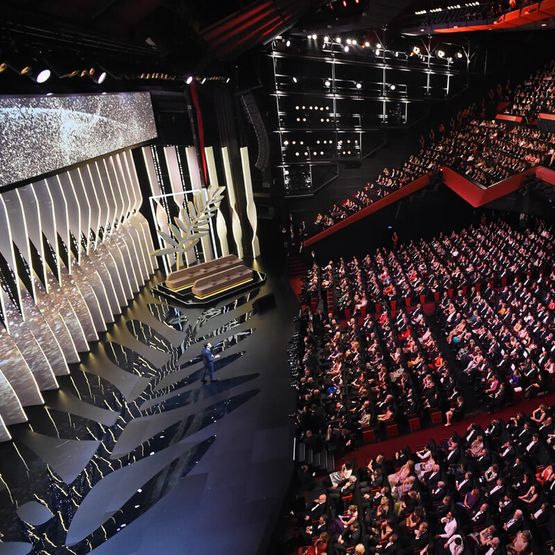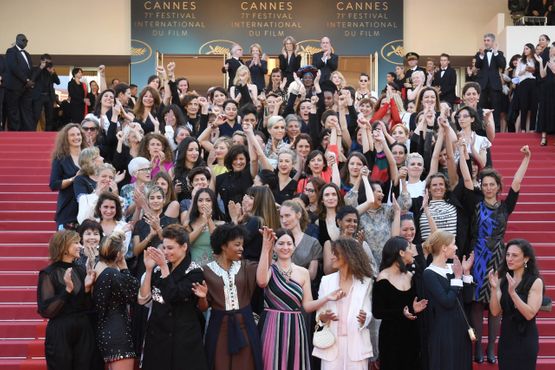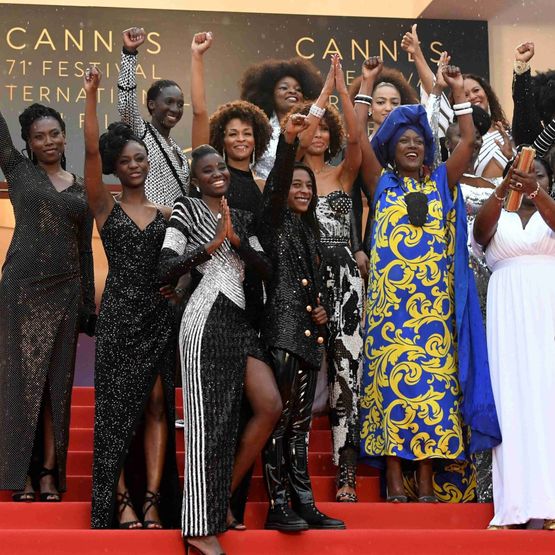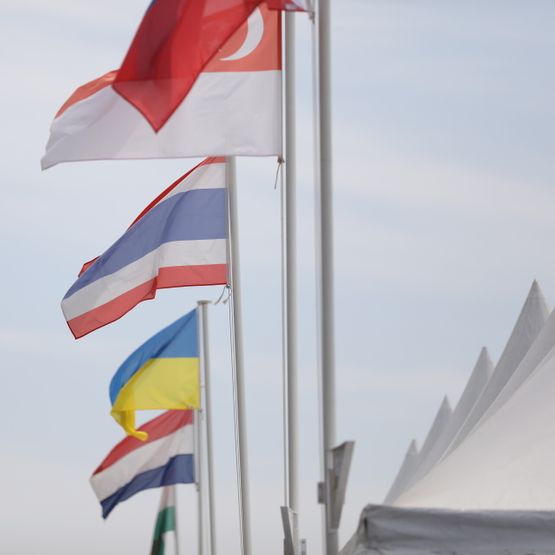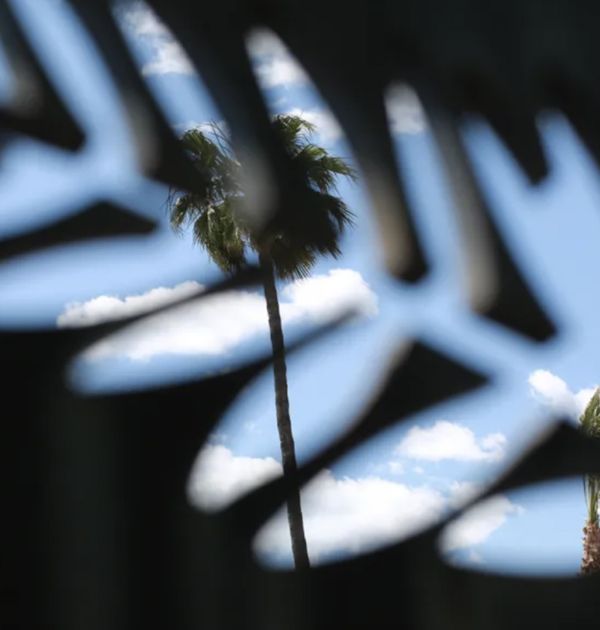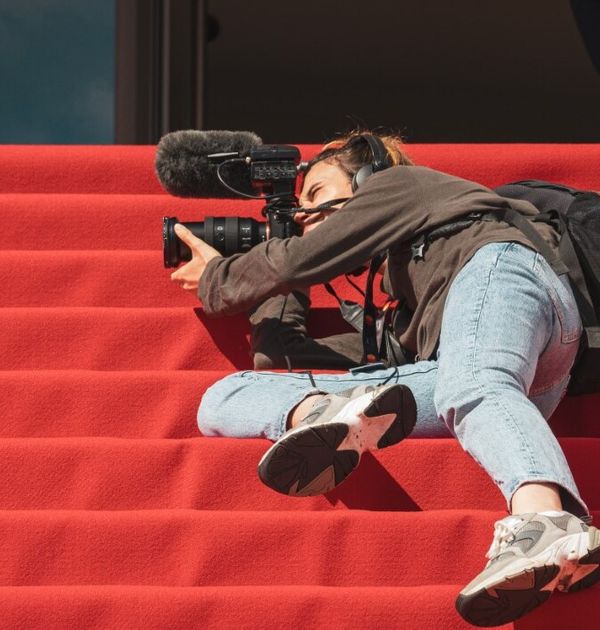For several years now, the Festival de Cannes has been committed to respecting gender equality in every area it directly oversees.
- The Festival de Cannes team: 54% of the permanent staff organising the Festival de Cannes and the Marché du Film are women.
- The selection committee: in terms of gender, the official committee that selects the films is equally represented (5 men, 5 women). The student films in the La Cinef section are selected by a woman, as are the young filmmakers at the Résidence.
- The Juries: the juries and chairs of the various juries (In Competition, Un Certain Regard, Caméra d’or and Short films and La Cinef Jury) have been equally represented since 2011 and 2013 respectively.
- La Résidence : since the Festival’s reorganisation of La Résidence in 2022, the number of women selected for a single session can be no less than half of the participants.
